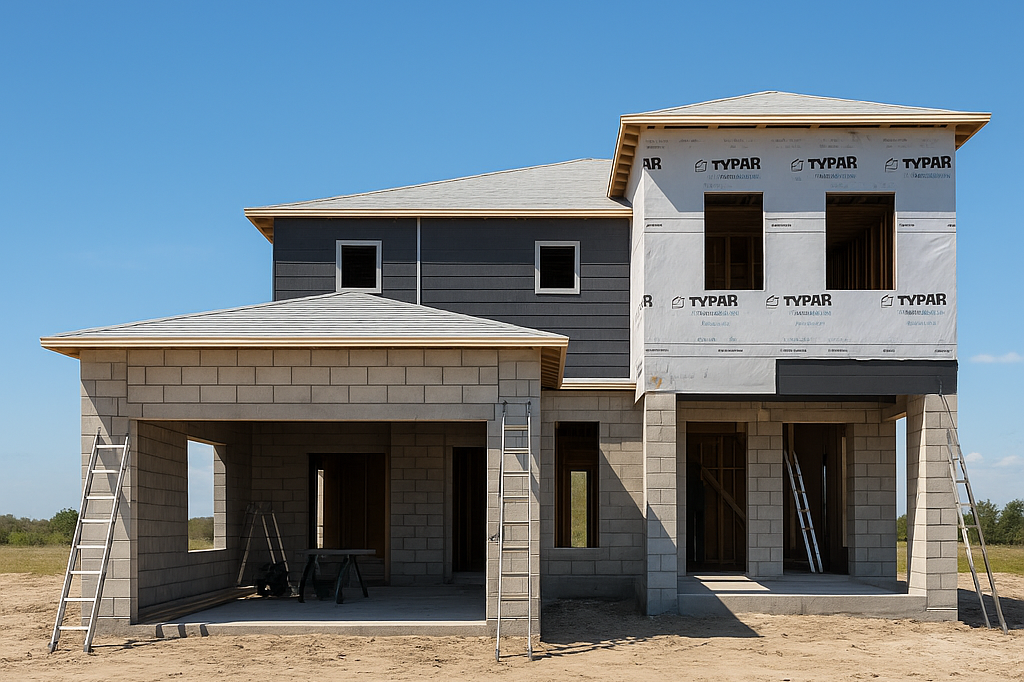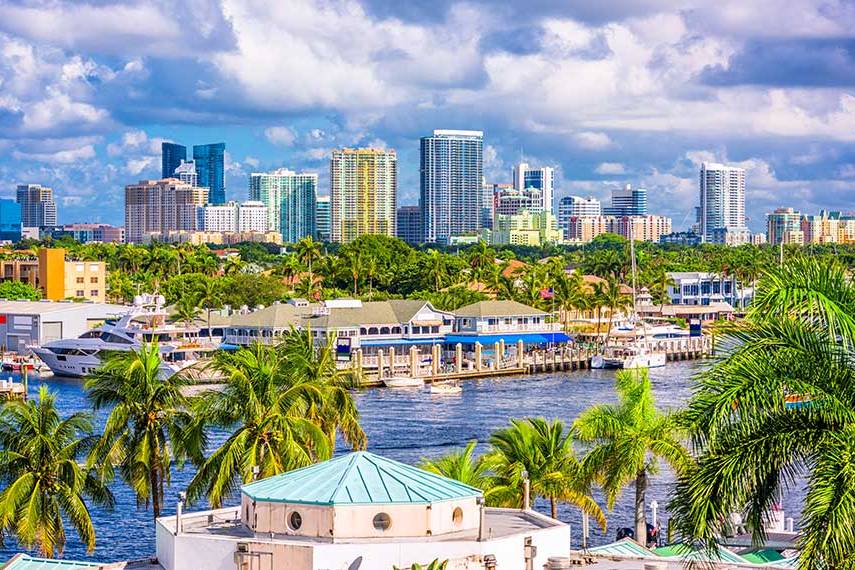Recente pesquisa, mostra que mais e mais americanos estão preocupados com uma possível recessão. Essas preocupações foram validadas quando o Federal Reserve se reuniu e confirmou que estava fortemente comprometido em reduzir a inflação. E, para isso, usariam suas ferramentas e influência para desacelerar a economia.
Tudo isso traz muitos medos e perguntas sobre como isso pode afetar nossas vidas, nossos empregos e negócios em geral.
E uma preocupação que muitos americanos têm é:
como isso afetará o mercado imobiliário?
Sabemos como as desacelerações econômicas afetaram os preços das casas no passado, mas como essa próxima desaceleração pode afetar os imóveis e o custo de financiamento de uma casa?
De acordo com especialistas em hipotecas (financiamentos imobiliários):
“Ao longo da história, durante um período recessivo, as taxas de juros sobem no início da recessão. Mas, para sair de uma recessão, as taxas de juros são reduzidas para estimular a economia a avançar.”
Aqui estão os dados para respaldar isso. Se você olhar para trás em cada recessão até o início da década de 1980 (os últimos 30 anos de história), eis o que aconteceu com as taxas de hipoteca (financiamento imobiliário) durante esses períodos (veja o gráfico abaixo):
Taxas de Financiamento e as Recessões Americanas

Como o gráfico mostra, historicamente, cada vez que a economia desacelerava, as taxas de hipoteca diminuíam. A Fortune.com ajuda explicar a tendência da seguinte forma:
“Nas últimas cinco recessões, as taxas de hipoteca caíram em média 1,8 pontos percentuais desde o pico observado durante a recessão até o vale. E, em muitos casos, eles continuaram a cair após o fato, pois leva algum tempo para mudar as coisas, mesmo quando a recessão tecnicamente acabou”.
E embora a história nem sempre se repita, podemos aprender com ela. Entendemos que uma desaceleração econômica precise acontecer para ajudar a reduzir a inflação, nem sempre foi uma coisa ruim para o mercado imobiliário. Normalmente, isso significa que o custo para financiar uma casa caiu, e isso é uma coisa boa.
Além disso precisamos analisar que o impacto da recessão não é uniforme em todas as geografias, hoje por exemplo Orlando segue com um inventário de casas a venda muito pequeno, embora ele tenha aumentado para quase dois meses ele esta muito abaixo dos 6 meses de inventário de casas a venda considerado um ponto de equilíbrio do mercado e ainda exageradamente abaixo do pico da ultima grande recessão que era de 24 meses.
Nosso entendimento é que Orlando será muito pouco afetado por essa subida de juros apenas uma leve acomodação de mercado.
[mpc_alert font_color=”#ffffff” background_color=”#2eabbf” padding_divider=”true” padding_css=”padding-left:20px;”]Veja uma matéria com mais argumentos: A única coisa que todo investidor precisa saber sobre recessão e mercado imobiliário[/mpc_alert][mpc_icon_column title_font_color=”#e4246c” title=”Resumo” title_margin_css=”margin:5px;” mpc_icon__mpc_tooltip__border_divider=”true” mpc_icon__mpc_tooltip__padding_divider=”true”]As preocupações com uma recessão estão aumentando. À medida que a economia desacelera, a história nos diz que isso provavelmente significaria taxas de hipoteca mais baixas para quem procura refinanciar ou comprar uma casa. Embora ninguém saiba exatamente o que o futuro reserva, você pode tomar a decisão certa para você trabalhando com um profissional imobiliário de confiança para obter conselhos especializados sobre o que está acontecendo no mercado imobiliário e o que isso significa para seus objetivos de propriedade.[/mpc_icon_column]
Ficou com dúvidas?
Agora que você já sabe como as taxas de juros se comportaram antes e depois de uma recessão nos Estados Unidos já pode considerar investir em casas de férias em orlando. Para aproveitar todas as dicas que trouxemos para você e aprofundá-las ainda mais, você pode conversar diretamente com nossos agentes de relacionamento. Eles estão sempre dispostos a conversar com você para esclarecer dúvidas sobre investimentos na Flórida.
Neste texto nós abordamos o tema o comportamento do mercado imobiliário durante recessões por ser interessante para quem busca investir na Flórida. Se você deseja ler mais conteúdos como o que trouxemos neste artigo, é só ficar ligado aqui no nosso blog.
[mpc_button url=”url:http%3A%2F%2Fwww2.thefloridalounge.com%2Fagentes-de-relacionamentos|||” font_color=”#ffffff” title=”Invista no setor imobiliario na Florida”]
Gostou do artigo? Fique de olho no nosso blog! Querendo morar ou investir em imóveis na Flórida? Veja a lista de casas a venda na Flórida que selecionamos para você!
|
Getting your Trinity Audio player ready...
|
Leo Martins
Meu papel é criar um ambiente, para que pessoas se conectem à Negócios Imobiliários na Flórida



